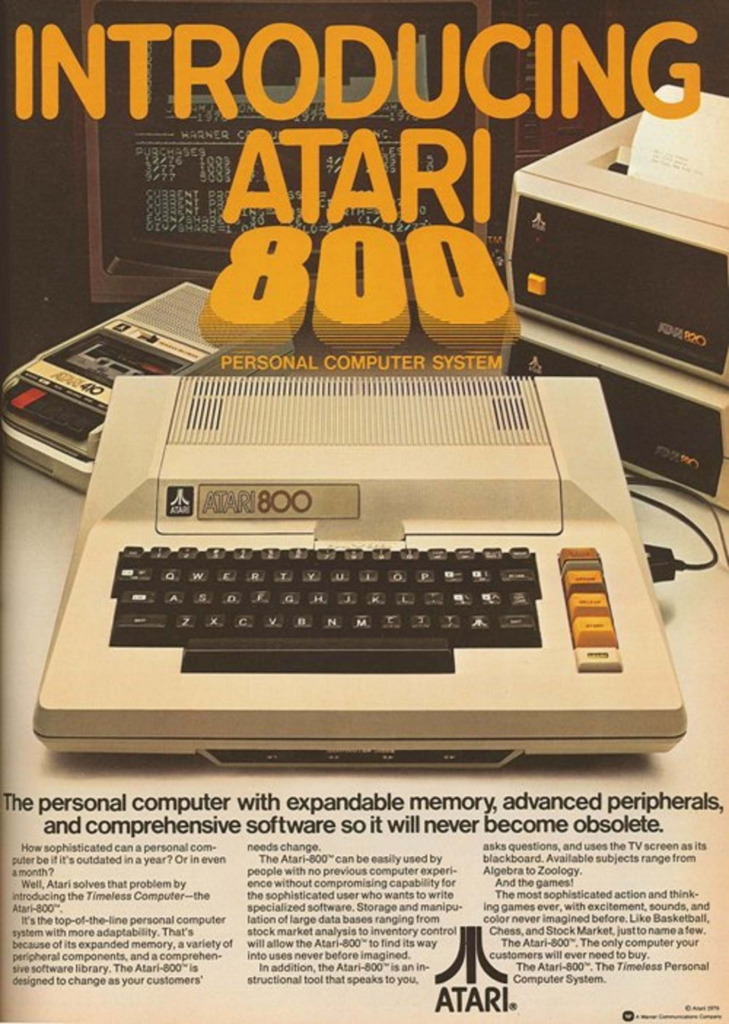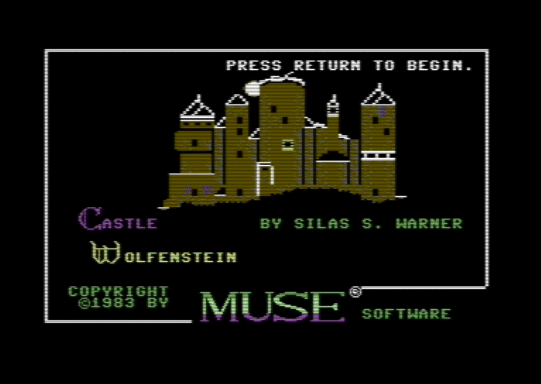If you’ve been ’round these parts a while you know I’m really fond of electic cars.
I’ve long felt ICE cars (internal combustion engines) were a technology of the past, dirty, noisy (though I do love me the sound of 1960’s/70’s era muscle cars!), and featuring mechanisms that needed to change for the sake of the environment, if nothing else.
When Tesla became a thing, I read up on their cars. Their first big production vehicle was the Tesla Roadster…
Their first full on production model, however, was the Model S…
I felt the vehicle looked intriguing but the price was simply prohibitive to me. A little later they came out with the Model X, their luxury SUV, and the price was even more prohibitive…
I was so intrigued with what Tesla was doing and, yes, I became quite intrigued with the man behind the company, Elon Musk.
I suspect few people out there haven’t heard of Mr. Musk. He made himself a fortune being a part of PayPal in its infancy and bought up Tesla and pushed it along -at times facing financial collapse- until releasing the highly successful Model 3…
It can be argued, and I suppose it will in time, that the Model 3, first released in July of 2017, was the first electric car to break open the auto industry to EVs. Yes, there were hiccups. The early Model 3s had all kinds of minor issues, but the price was at least reasonable enough to allow people like myself to finally buy into these cars (mine is a 2019 model) and it certainly provided Tesla, and Elon Musk, their first really big success.
The Model 3 was followed by the Model Y, a smaller SUV, which seems to be even more successful than the 3 and in even higher demand from consumers…
In the meantime, Elon Musk has another company, Space X, which did the near unthinkable: Managed to create a rocket that could land vertically back on a pad! Mr. Musk has long stated a goal of his is to get to, and colonize, Mars.
In almost all his endeavors he seemed to have success and his forays into the media have been equally amusing and annoying, with many either loving or hating him… and perhaps in equally strong measures.
I still love my Tesla Model 3. I still feel it is a terrific vehicle even as I see the coming wave of EVs from other companies. If it wasn’t for Elon and Tesla and the Model 3 and Y, we wouldn’t be on the cusp of this EV revolution, and I think that’s a wonderful thing.
Having said that and for those who’ve been living in a cave these past few weeks/months…
What the hell is wrong with the guy of late?
Like Donald Trump, Elon Musk has used Twitter well, building up a fanbase and at times posting witty comments and cringey comments in equal measure and solidifying his fans and detractors.
It seems like a lifetime ago that he decided, via Twitter, to offer a fee to purchase the company. There was much back and forth afterwards, with many feeling Musk had overvalued the company and then he seemed to want to back out.
Lawsuits were filed but ultimately Musk bought the company for the price he originally offered, a whopping 44 billion dollars… and it seems like each day since things have gone further down the toilet for him.
Now, I don’t want to get into all the details as I’m sure most people know but some of the lowlights include Mr. Musk claiming he wanted to help “free speech” with Twitter but has banned many users… mostly because they were making fun of him. He also fired a whole bunch of Twitter staff and now looks like he’s realized he needed them and wants them back.
To say this whole affair is a shitshow is to undersell it.
The bottom line is that many are leaving the service and Musk wants to charge some $8 a month (admittedly not a terribly large amount) to have people given a “blue-check verification”… which frankly I have no idea how that works at all.
Yeah, while I’ve read the odd Twitter posts, some of which were quite witty and humorous, I’ve never been a part of the service.
Reports have stated Mr. Musk is basically flying by the seat of his pants here, doing this and that with Twitter and, I suppose, learning the very hard way that sometimes his instincts and proposed changes don’t exactly paint him in the best light.
This again returns to something I’ve stated before: Things can change and quickly.
I recall years ago the head of Netscape (remember that?) an early and quite popular at the time internet browser company having its CEO interviewed for some program or another and he was asked about the then new Microsoft Internet Explorer and the CEO scoffing at the interviewer and said something to the effect that the ship had sailed and Microsoft had missed the proverbial boat on the whole internet explorer thing.
Today, Microsoft has their Edge (Internet Explorer lasted many years before being retired) and Netscape is long, long gone.
Mr. Musk has paid a literal king’s ransom for Twitter but nowhere is it written in stone the company and service will continue to operate.
Given the way Mr. Musk has managed it so far, one wonders if Twitter might join Netscape in the near future.














